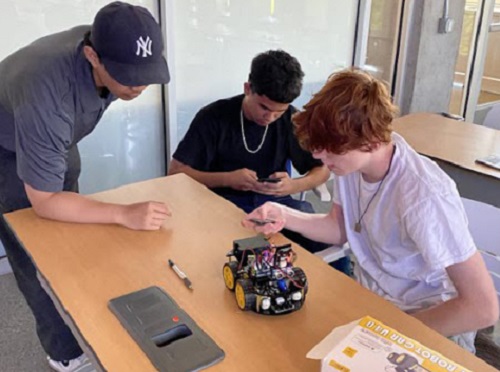This past summer, the Washington State Department of Transportation helped host two groups of high school students at its new and free PacTrans-WSDOT Summer High School Transportation Camps.
[Above photo by WSDOT]
For the first time – in partnership with the University of Washington (UW), Washington State University (WSU), and the Pacific Northwest Transportation Consortium – WSDOT offered high school students from across the state a chance to spend a week exploring transportation sector challenges and opportunities with statewide experts, leaders and frontline workers from WSDOT, and university professors.
Students stayed on campus in university dormitories during the camp, with the costs of all lodging and meals for them covered by the camp’s sponsors.
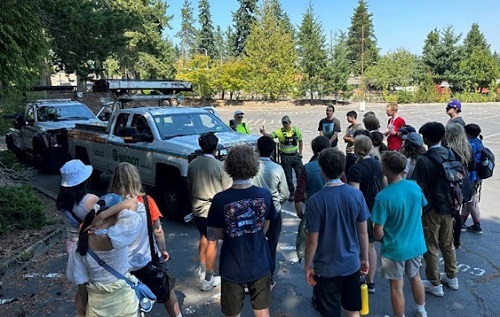
WSDOT noted in a blog post that the goal of the camps is to address transportation system decision-making, how to reduce transportation’s carbon footprint, and how WSDOT incorporates multimodal objectives into the transportation planning process while keeping people and goods moving.
The agency said the camps involved plenty of field trips to engage the students in hands-on learning, exploring a wide range of transportation topics such as urban planning, traffic safety, environmental justice, geography, supply chain logistics, plus the potential of connected and self-driving vehicles.
One group of students attended the camp at WSU in late July while a second group gathered at the UW in mid-August. While there were differences in experiences at each camp, many of the themes and some of the experiences were similar.
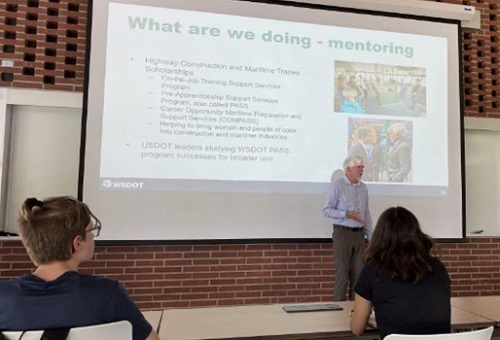
Roger Millar, WSDOT secretary and president of the American Association of State Highway and Transportation Officials, made presentations to students at both camps, with the students getting the chance to tour WSDOT Transportation Management Centers in Shoreline and Spokane.
Some of the field trips included tours of facilities operated by King County Metro, Amazon, and truck manufacturer PACCAR, as well as local ports to learn how produce grown on eastern Washington farms uses the transportation system to make its way to stores and tables.
Some students also explored emergency equipment inside of multiple Incident Response Team trucks, while others examined WSDOT aerial drones and survey equipment used in 3D mapping, surveying, etc.
Others visited engineering and chemistry labs, learned about traffic data analysis, worked on a robotic car group project and learned about how diversity and equity play a role in transportation planning.
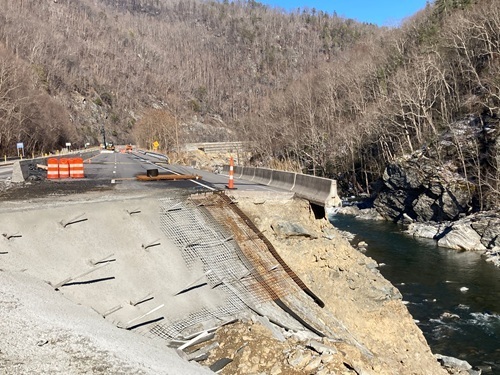 States
States
NCDOT to Rebuild I-40 with National Forest Rocks
June 27, 2025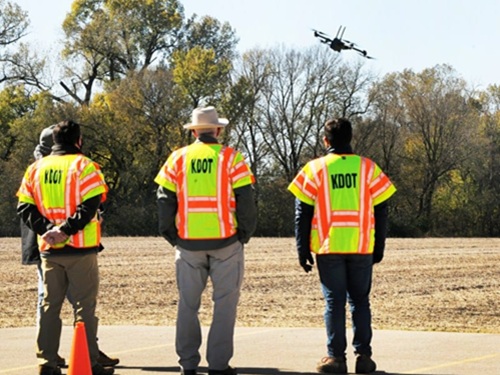 States
States
